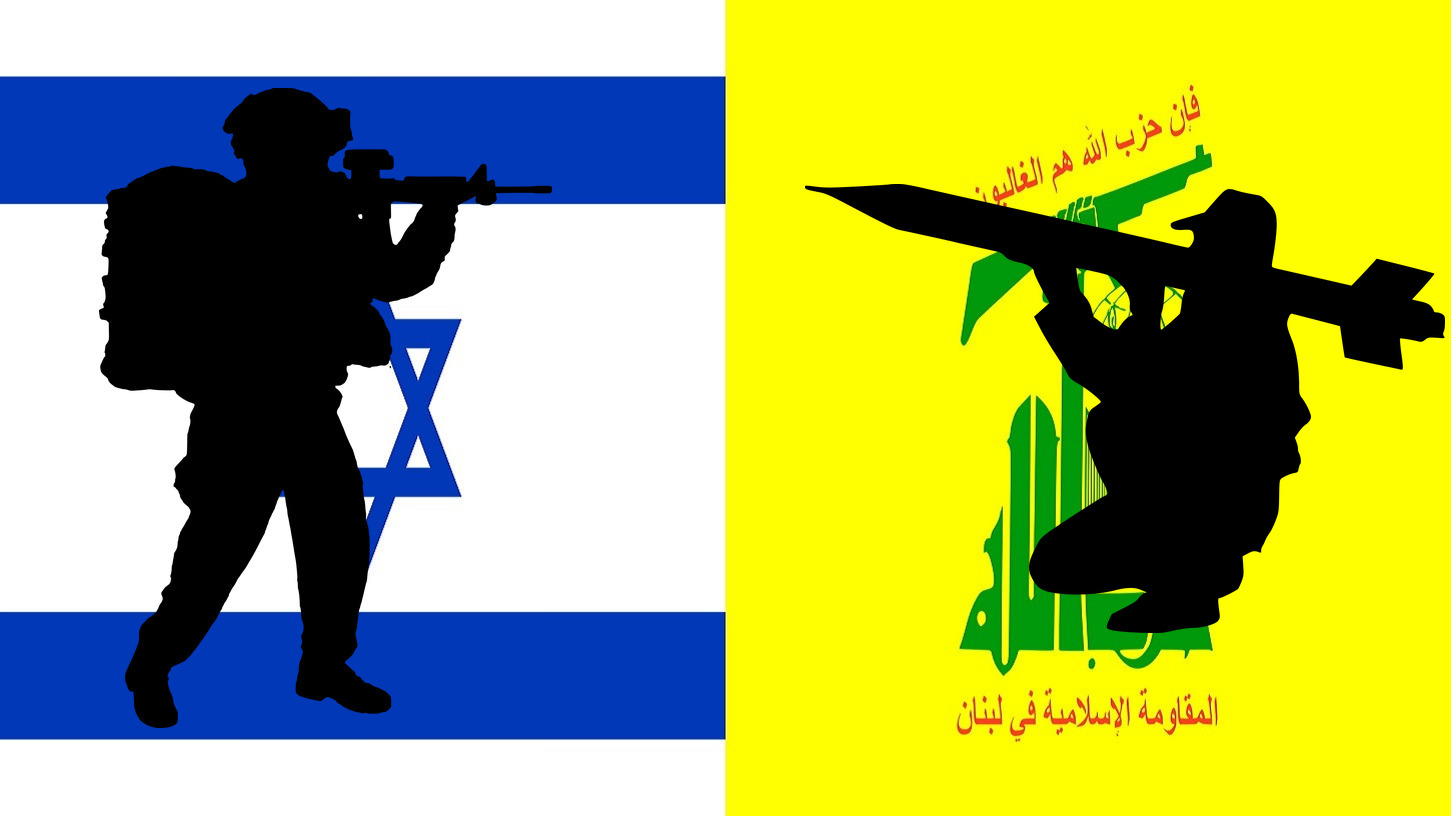Hezbollah and Israel: A Joint Statement
An-Nahar, Lebanon, August 29
It was challenging for Hezbollah leader Hassan Nasrallah to present a clear victory to his audience and allies. The circumstances demanded modesty in both words and actions. Declaring victory required mobilizing the people to celebrate with songs of joy for what had been portrayed to them as a victory. In detailing the promised response to the assassination of leader Fuad Shukr, Nasrallah and his party have exposed the limits of their will and capabilities. The response’s specifics differ from Iran’s retaliation on April 13 for Israel’s bombing of the Iranian consulate in Damascus. However, both incidents share the characteristic of being issues that extend beyond the two direct parties, involving wider great power politics, and featuring the United States in a leading role, shaping the limits of the confrontation. Hezbollah, with Iran’s backing, and Israel reached an implicit agreement—perhaps through mediators—to prevent the response from escalating into a full-scale war. Despite the intensity of the fire exchange compared to the daily confrontations since October 8, 2023, it was contained within the established rules of engagement. Israel flaunted its preemptive capabilities, while Hezbollah acknowledged the sophistication of Israel’s intelligence, though it remains reluctant to admit breaches within its ranks. Both sides, particularly Israel, opted to exaggerate the event’s significance in the media. This allowed Hezbollah to portray its response as a fitting revenge for the assassination of its “chief of staff” in a high-profile area, while Israel depicted it as a major military move, affirming its continued dominance. Both parties felt the need to claim a victory that could be marketed locally. It is inaccurate to claim that Hezbollah’s response represented its maximum capacity, considering what is known about its arsenal and its actions in the 2006 war. It is equally false to suggest that Israel’s response was fully unleashed; its impact remained limited compared to the atrocities committed in Gaza over the past ten months. Israel’s restraint in targeting civilians was not because of deterrence from Hezbollah’s “resistance”. This “resistance” did not prevent Israel from committing atrocities against civilians in Lebanon during the 2006 war, nor did it stop Israel from targeting civilians in Gaza in successive conflicts, culminating in near-genocidal actions against civilians in the current war. Even Lebanese civilians, who experienced panic and displacement awaiting the promised response, do not genuinely believe in the “resistance’s” ability to counteract Israel’s internationally sanctioned actions. Nasrallah’s call for people to return home was merely indicative of a tacit “deal” and a carefully orchestrated response allowing for temporary security. What transpired is that, for now, a full-scale war in Lebanon is off the table. This stems from covert understandings between the United States and Iran, and Israel’s lack of interest in opening a new front while it takes on Gaza. Hezbollah also prefers not to engage in an unrestricted confrontation, as indicated by Nasrallah, which would lead to limitless Israeli actions akin to what occurred in Gaza. Observers of both sides’ narratives about the response and its preemption might almost sense a coordinated statement, despite differing tones and terminologies. Hezbollah’s response aligns with the constraints of the current international system. The matter is a monotonous recurrence of the engineering seen in Iran’s responses, such as the one following the assassination of Ismail Haniyeh, head of Hamas’s political bureau, in Tehran on July 31. US Joint Chiefs of Staff Chairman Charles Brown nearly suggested that Iran’s response had become a bygone issue, indicating a decreased likelihood of a comprehensive war. Timing and planning of Hezbollah’s response were unmistakably orchestrated, with Washington and Tehran collaborating closely. Decisions in Lebanon, as well as in Syria, Iraq, and Yemen, are made in Tehran, dictating actions ranging from strikes against Iraq’s Al-Asad Airbase to disrupting and resuming Red Sea navigation, all influenced by ongoing negotiations, many facilitated by Oman. An all-out war that might help Israeli Prime Minister Benjamin Netanyahu achieve his domestic and strategic objectives, including actions against Iran’s nuclear program, remains off the table, necessitating US partnership. Conversely, Iran aims to maintain its partnership with the US Democratic administration. The current tension is poised to remain until the outcomes of the US elections on November 5 are clear. Iran hopes for continued partnership with Kamala Harris, while Netanyahu banks on the potential return of Donald Trump to the White House. —Mohammed Qawas (translated by Asaf Zilberfarb)
Give the gift of hope
We practice what we preach:
accurate, fearless journalism. But we can't do it alone.
- On the ground in Gaza, Syria, Israel, Egypt, Pakistan, and more
- Our program trained more than 100 journalists
- Calling out fake news and reporting real facts
- On the ground in Gaza, Syria, Israel, Egypt, Pakistan, and more
- Our program trained more than 100 journalists
- Calling out fake news and reporting real facts
Join us.
Support The Media Line. Save democracy.



